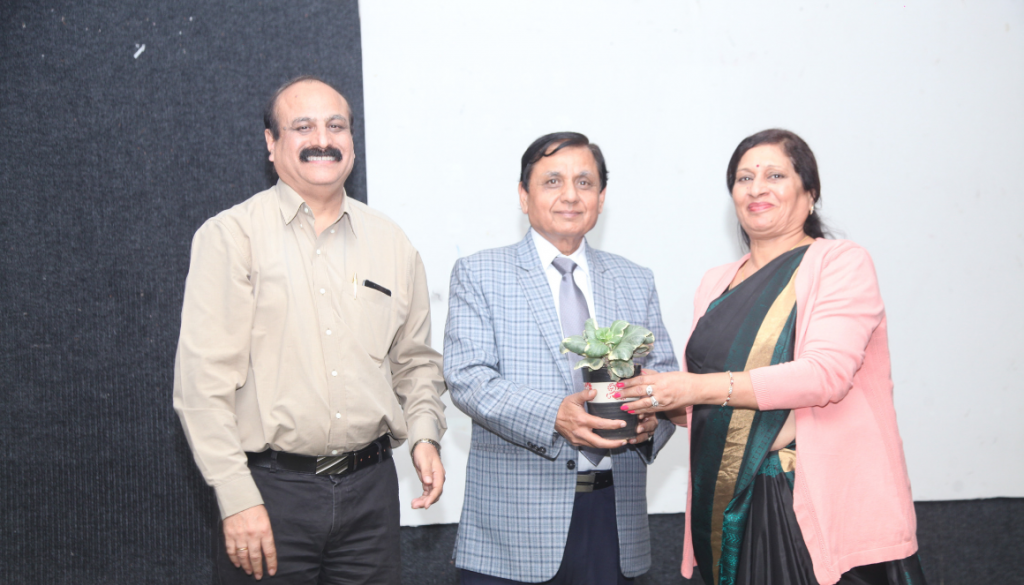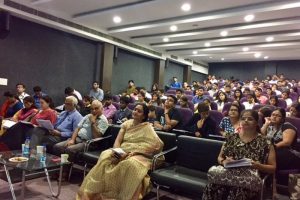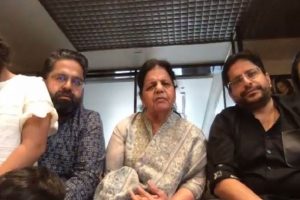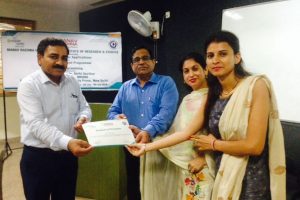One-Week Inter-Institutional Workshop by IQAC
Internal Quality Assurance Cell of the University organized a One-Week Inter-Institutional Workshop on Improving the Quality of Teaching Methodology during November 26-30, 2018 in which distinguished resource persons and experts drawn from various institutions delivered sessions to the faculty from various disciplines.
Prof. Madhu Vij from the Faculty of Management, University of Delhi explained the operational aspects of case method of teaching as a pedagogical tool and demonstrated as to how the method can be used to enhance learning experience and gain a feel of the real life business situations.
Dr. Anil Sarin, Professor, Faculty of Commerce and Business Studies demonstrated Flipped Classroom as pedagogy to improve teaching effectiveness. He dwelt upon the various activities that can be undertaken both within and outside the classroom with which the participants are in a better position to formulate a problem and find solution. Mr. Ciby James, Director, American Society for Quality, India took a session on Inducting Quality into Classroom Teaching. He explained the various methods of bringing quality into teaching-learning processes and explained SIPOC Model (Supplier, Input, Process, Output and Customer) with applications both in industry and the classroom. To demonstrate quality consciousness in education he conducted Red Beads Experiment with the participation from the audience. Through this experiment he demonstrated how quality teams can work together to weed out low quality processes.
Prof. Sandeep Grover, Dean, YMCA, University of Science and Technology took a session on Bloom’s Taxonomy in which he demonstrated how the taxonomy has become a basis for teaching learning and evaluation processes the world over. He discusses in detail the conceptual processes of the taxonomy and applied them to the various aspects of higher education. He also made the participants aware of the latest exam reforms based on Bloom’s Taxonomy.
Prof. Etinder Singh, Professor, Apeejay School of Management, New Delhi took a session on Simulation Techniques. He demonstrated as to how simulation works as a powerful technique to give the participants a real-life experience. He conducted a few simulation based activities with a purpose to enable the participants to understand problem situations and find effective solutions.
The different sessions conducted during the workshop were participative and practice-oriented, and provided new insights into the pedagogical tools and practices.





